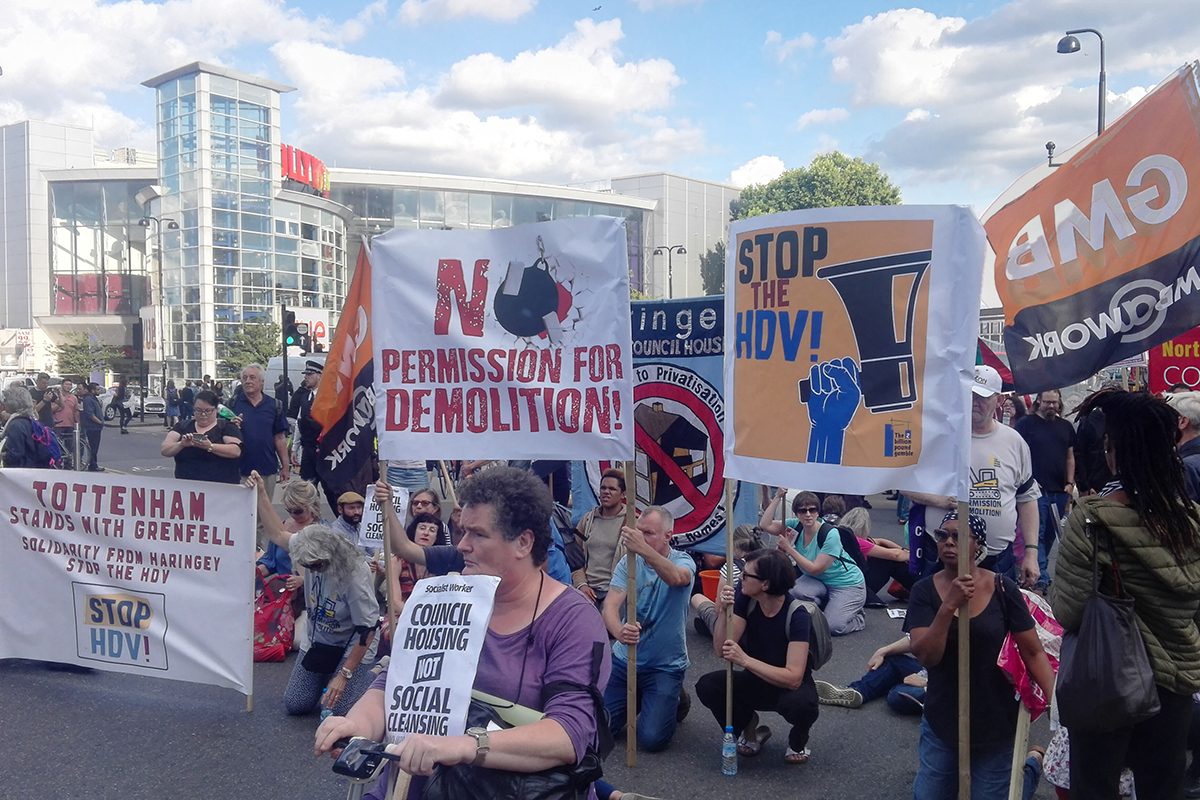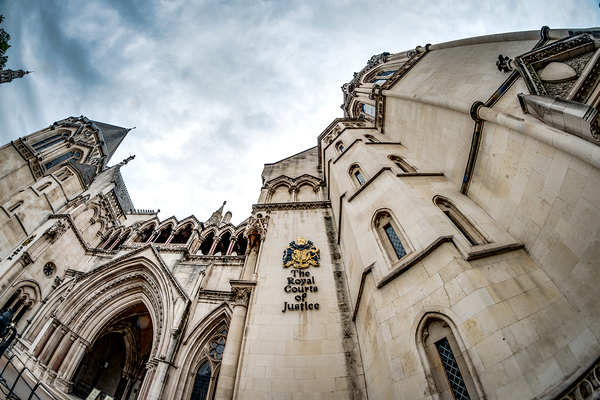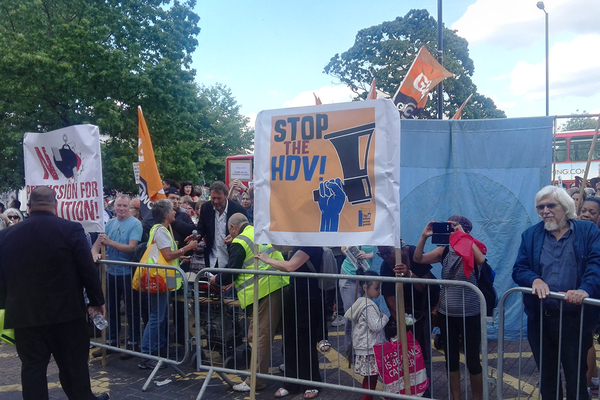You are viewing 1 of your 1 free articles
Haringey’s £2bn vehicle disputed in High Court
The fight over Haringey Council’s controversial £2bn development vehicle made it to the High Court this week as a judge was asked to decide whether to grant residents a judicial review.
A two-day hearing at the Royal Courts of Justice saw lawyers representing the council, residents and private developer Lendlease dispute the process taken by the council in setting up the Haringey Development Vehicle (HDV).
The vehicle would be a 50/50 limited liability partnership (LLP) between the council and Lendlease. The process of its establishment has been dogged by protests and this crowd-funded case brought by resident and previous Green Party candidate for Hornsey and Wood Green Gordon Peters was the latest effort by residents to prevent Haringey establishing the vehicle, into which the council intends to transfer much of its housing stock.
As expected, the judgement was reserved to a later date, with Judge Duncan Ouseley saying he would give it “as soon as I can”.
David Wolfe QC, representing Mr Peters, argued that the council does not have the legal authority to set up an LLP – as opposed to a company – in this way. This point centred on whether or not the HDV was set up with “a commercial purpose”, as a local authority is not allowed to set up an LLP with a commercial purpose.
Mr Wolfe said: “The council is taking part in what is basically a commercial property development organisation.”
The council’s lawyer, Nigel Giffin QC, argued that the HDV’s purpose was “to pursue a local authority’s ordinary social objectives” and that its stated goal of seeking an acceptable return on investment was merely incidental.
Mr Wolfe also argued that the council ought to have consulted residents on whether or not to set up the HDV, did not properly assess its impact on vulnerable groups and failed to follow its own rules in not putting the issue to a vote of the full council.
In criticising the process the council followed in setting up the HDV, Mr Wolfe said there had been a “lack of sufficient information” and claimed that the scrutiny committee was “asking questions and being told, in effect, [to] wait and see”.
Mr Giffin, however, called the input of the scrutiny committee, which was strongly opposed to setting up the HDV, “an important factor in the cabinet’s decision-making”.









